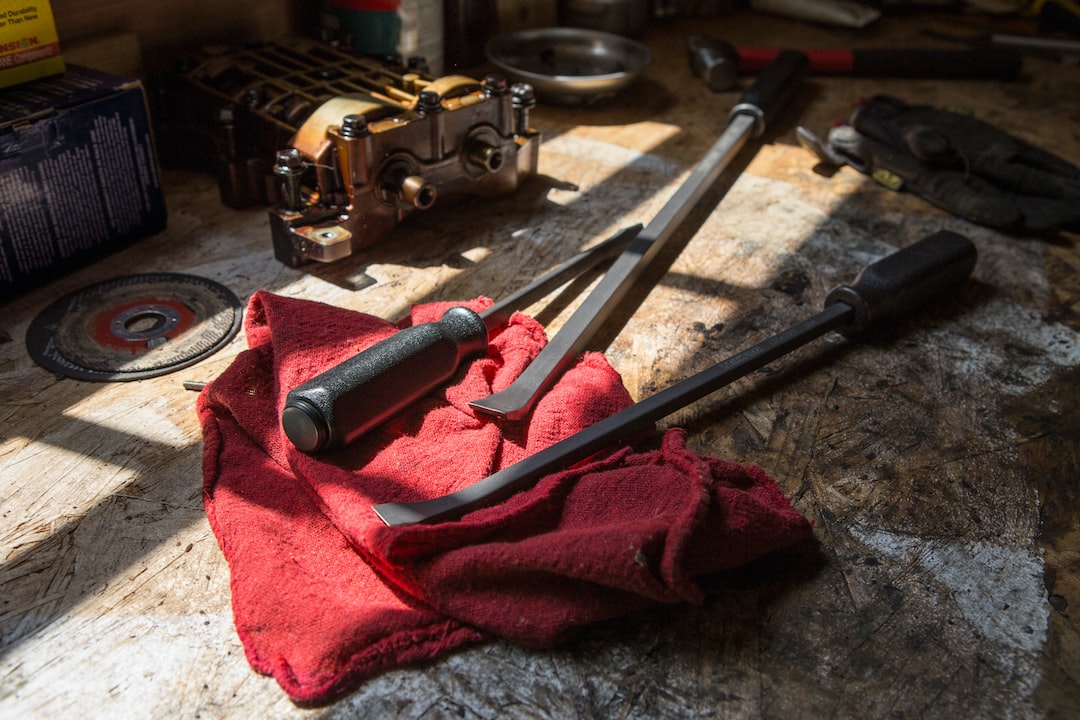The Pros and Cons of Buying a Used Car
Are you in the market for a new vehicle but unsure if buying a used car is the right choice for you? Buying a used car can be a cost-effective solution, but it also comes with its own set of advantages and disadvantages. In this blog post, we will explore the pros and cons of purchasing a used car to help you make an informed decision.
Pros of Buying a Used Car
1. Cost Savings: The most apparent advantage of buying a used car is the significant cost savings. Used cars are generally more affordable than their brand new counterparts. They often come with a lower price tag, allowing you to get a quality vehicle at a fraction of the original cost.
2. Lower Depreciation: New cars experience rapid depreciation in their first few years, losing up to 30% of their value in the first year alone. When you buy a used car, someone else has already taken the biggest depreciation hit. This means that the rate of depreciation will slow down, allowing you to protect your investment better.
3. Insurance Savings: Insurance rates for used cars are generally lower than those for new vehicles. The reason behind this is that used cars are less expensive to replace or repair in case of an accident. By opting for a used car, you can potentially save hundreds of dollars on your insurance premiums annually.
4. Variety of Options: Buying used opens up a wide range of options. You have the freedom to choose from various makes, models, and years without being limited to what is available in the current production year. This broader selection allows you to find the perfect vehicle that suits both your needs and budget.
Cons of Buying a Used Car
1. Higher Maintenance and Repair Costs: While purchasing a used car may save you money initially, it can potentially lead to higher maintenance and repair costs down the line. As a vehicle ages, it may require more frequent repairs and replacements of parts. It is essential to thoroughly inspect the car and review its maintenance history to ensure it is in good condition before making a purchase.
2. Limited Warranty or None: Most new cars come with a warranty that covers any mechanical issues for the first few years or a certain number of miles. Unfortunately, most used cars do not offer the same level of coverage. While you may be able to purchase an extended warranty, it adds to the overall cost of buying a used car.
3. Unknown Vehicle History: Unlike a new car, a used vehicle comes with a history. You may not know everything about previous accidents, repairs, or maintenance. This lack of information can make it challenging to gauge the condition of the car fully. It is crucial to run a vehicle history report or have a trusted mechanic inspect the vehicle before finalizing the purchase.
4. Outdated Technology: Older used cars may not have the latest technology and safety features that come with newer models. If having the latest gadgets and advanced safety systems is important to you, a used car might not be the best option.
In conclusion, buying a used car offers many advantages such as cost savings, slower depreciation, lower insurance rates, and a wider variety of options. However, it also comes with potential downsides, including higher maintenance and repair costs, limited warranty, unknown vehicle history, and outdated technology. It is essential to weigh these pros and cons carefully and consider your individual needs and budget before making a decision.

